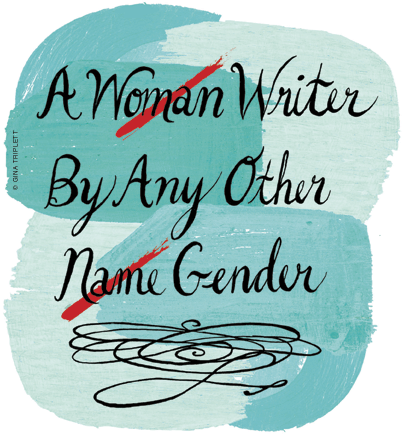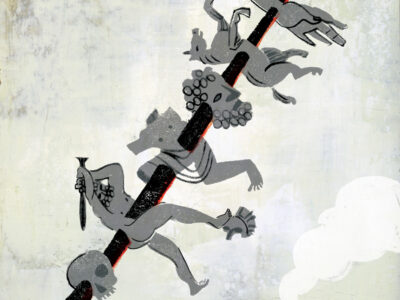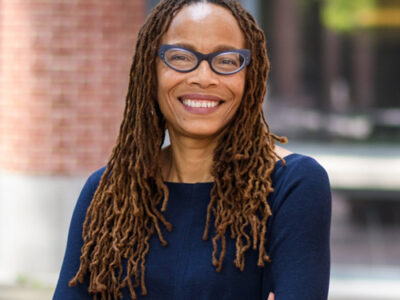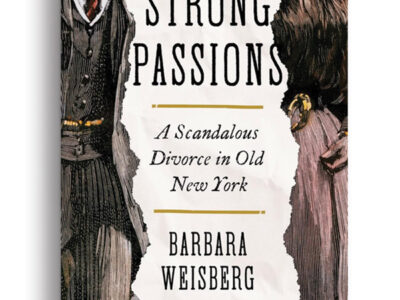
“What is a woman writer, anyway?” Toril Moi asked the audience sitting before her in College Hall. “Is it always in the feminist interest to read women writers as women writers?”
As the author of several dozen books, essays, and articles, Moi is, without question, a woman writer. Yet the title of her recent lecture, “‘I Am Not a Woman Writer’: On Feminism, Theory and Aesthetics,” led audience members to question that claim—or at least its implications. During her R. Jean Brownlee Lecture in Feminist Thought, sponsored by the women’s studies program and the Alice Paul Center for Research on Women, Gender, and Sexuality, Moi examined the place of women writers and the possible consequences of describing them as such.
Dr. Rita Barnard, the professor of English who serves as director of both the program and the center, said Moi was an obvious choice for the lecture, since she’s served as “an inspirational figure—a model of how to do academics with grace, glamor, and humor.” Her 1985 book, Sexual/Textual Politics: Feminist Literary Theory, introduced Moi as a prominent scholar of feminist theory and women’s writing—a position her subsequent articles have solidified. To help answer the questions about women writers she posed to her audience, Moi turned to several well-known feminist authors.
One was Virginia Woolf, who wrote that “it is fatal for any one who writes to think of their sex.” The clear implication, said Moi, is that early 20th-century women were supposed to forget their gender while writing, lest their prose sound too angry or vindictive. But the decision women face between aligning themselves with the universal (“I am an intellectual”) or the particular (“I am an intellectual woman”) is “deeply unfair”—and a choice men don’t have to make.
The universal “usually comes as a way of fending off perceived criticism,” Moi said, and makes it seem as though women are denying their gender. The particular also presents problems since it brings attention to a woman’s gender, rather than her accomplishments or status.
As for Moi herself: “I prefer simply to say that I write as the woman I am.”
—Molly Petrilla C’06




